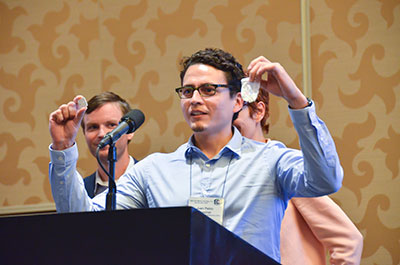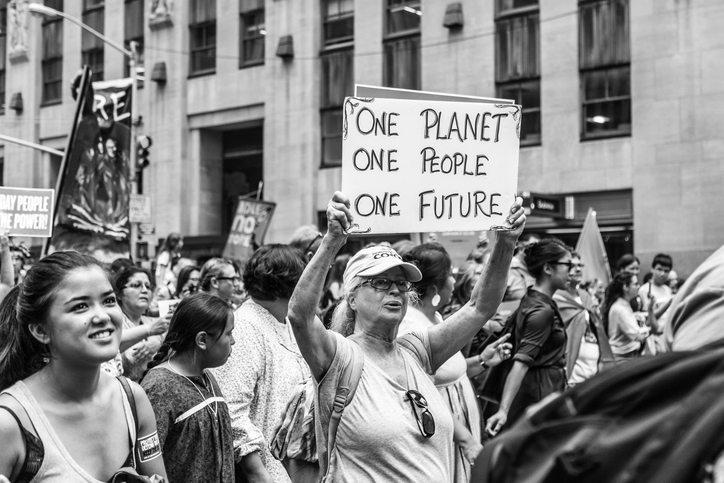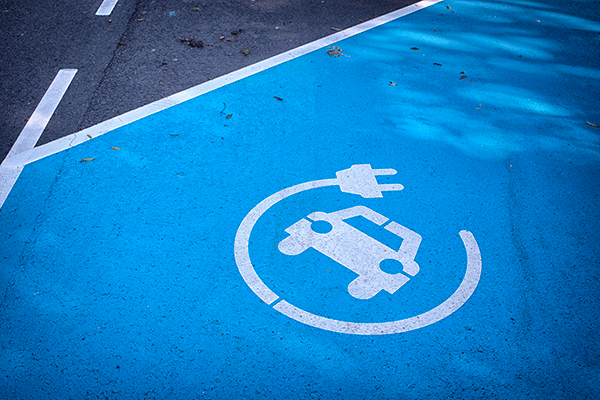 In its first Science for Solving Society’s Problems Challenge, ECS partnered with the Bill & Melinda Gates Foundation to leverage the brainpower of electrochemists and solid state scientists, working to find innovative research solutions to some of the world’s most pressing issues in water and sanitation. A total of seven projects were selected, resulting in a grand total of $360,000 in funding.
In its first Science for Solving Society’s Problems Challenge, ECS partnered with the Bill & Melinda Gates Foundation to leverage the brainpower of electrochemists and solid state scientists, working to find innovative research solutions to some of the world’s most pressing issues in water and sanitation. A total of seven projects were selected, resulting in a grand total of $360,000 in funding.
The researchers behind one of those projects recently published an open access paper in the Journal of The Electrochemical Society discussing their results in pursuing a single-use, biodegradable and sustainable battery that minimizes waste. The paper, “Evaluation of Redox Chemistries for Single-Use Biodegradable Capillary Flow Batteries,” was published August 18 and authored by Omar Ibrahim, Perla Alday, Neus Sabaté, Juan Pablo Esquivel (pictured with prototype at right), and Erik Kjeang.


 This summer I worked on the Greenland ice sheet, part of a scientific experiment to study surface melting and its contribution to Greenland’s accelerating ice losses. By virtue of its size, elevation and currently frozen state, Greenland has the potential to cause large and rapid increases to sea level as it melts.
This summer I worked on the Greenland ice sheet, part of a scientific experiment to study surface melting and its contribution to Greenland’s accelerating ice losses. By virtue of its size, elevation and currently frozen state, Greenland has the potential to cause large and rapid increases to sea level as it melts. In an effort to expand South Australia’s renewable energy supply, the state has looked to business magnate Elon Musk to build the
In an effort to expand South Australia’s renewable energy supply, the state has looked to business magnate Elon Musk to build the  In an effort to develop a more affordable, plentiful alternative to lithium-ion batteries, researchers from Purdue University are pursuing rechargeable potassium based batteries, demonstrating a way to derive carbon for battery electrodes from old tires.
In an effort to develop a more affordable, plentiful alternative to lithium-ion batteries, researchers from Purdue University are pursuing rechargeable potassium based batteries, demonstrating a way to derive carbon for battery electrodes from old tires. Using energy stored in the batteries of electric vehicles to power large buildings not only provides electricity for the building, but also increases the lifespan of the vehicle batteries, new research shows.
Using energy stored in the batteries of electric vehicles to power large buildings not only provides electricity for the building, but also increases the lifespan of the vehicle batteries, new research shows. A new development in electrolyte chemistry, led by ECS member
A new development in electrolyte chemistry, led by ECS member